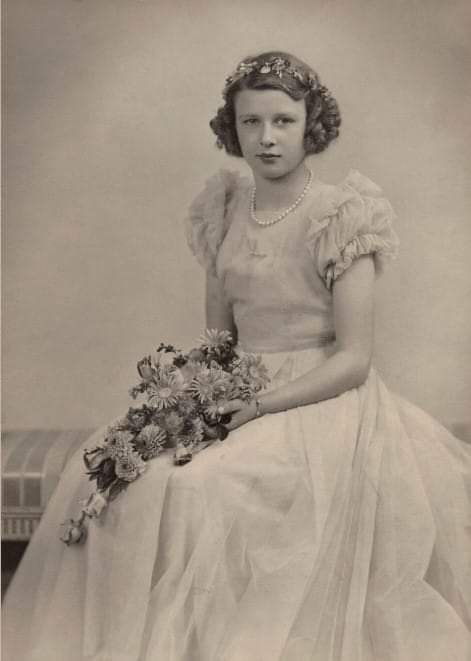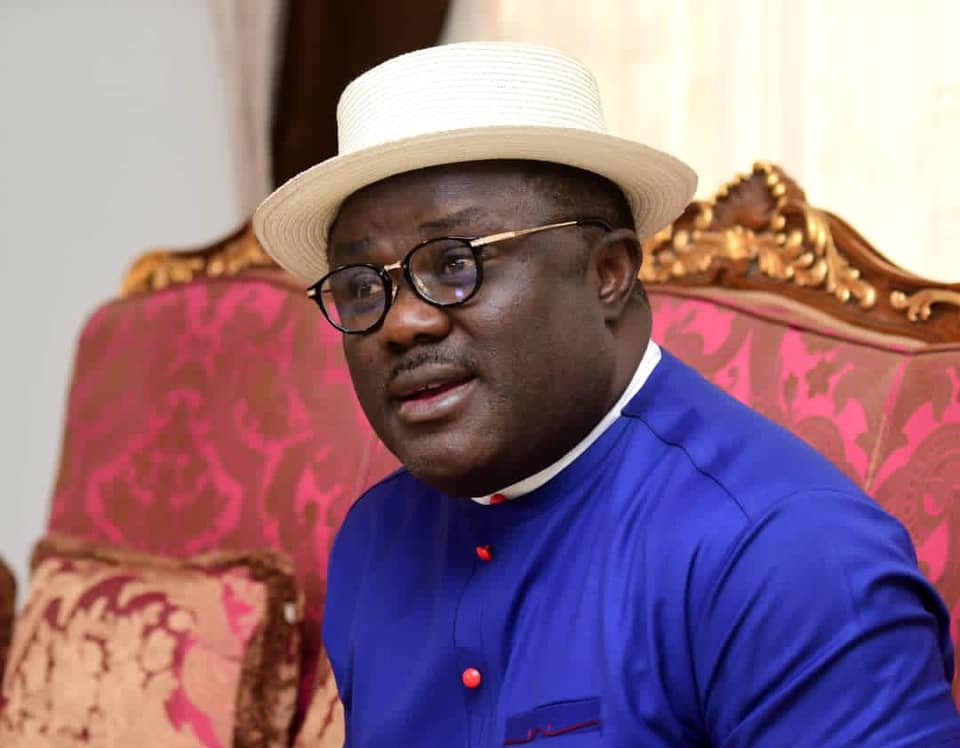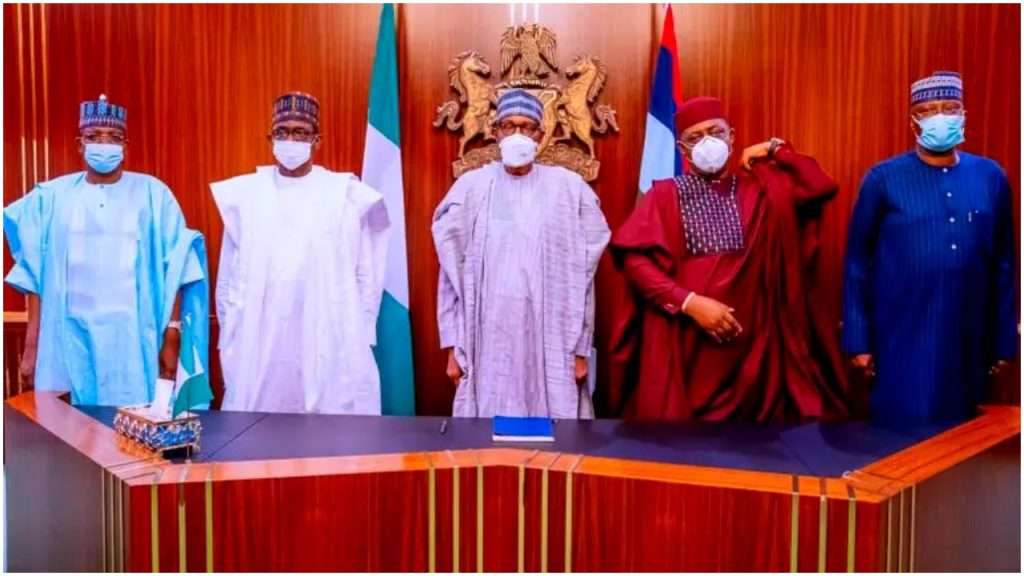Monarchy of Nigeria (1960–1963) Constitutional monarchy as a system of government in Nigeria from 1960 to 1963
From 1960 to 1963, Nigeria was a sovereign state and an independent constitutional monarchy. Nigeria shared the monarch with Australia, Canada, United Kingdom, and certain other sovereign states. The monarch’s constitutional roles were mostly delegated to the governor-general of Nigeria.
Elizabeth II was the only monarch to reign during this period. As such, she was officially titled Queen of Nigeria.
The monarchy was abolished on 1 October 1963, when Nigeria adopted the president of Nigeria as its head of state.
History
The Federation of Nigeria had superseded the Colony and Protectorate of Nigeria within the British Empire on 1 October 1954. The Federation was initially a quasi-federal British colony. It became independent as a dominion within the Commonwealth of Nations on 1 October 1960 under the Parliament of the United Kingdom’s Nigeria Independence Act 1960.
Princess Alexandra of Kent represented the Queen at the independence celebrations. She flew to Lagos on 26 September 1960, and was welcomed in Nigeria by a crowd of tens of thousands of people. On 1 October, the Princess presented Nigeria’s instrument of independence, also known as the Freedom Charter, to Sir Abubakar Tafawa Balewa who became the Prime Minister. On 3 October, the Princess formally opened the first federal parliament of independent Nigeria, on behalf of the Queen, before an assembly of people and diplomats. Dr Nnamdi Azikiwe, President of the Nigerian senate and Governor-General-designate, addressed the Princess, asking her to open Parliament by reading the Speech from the Throne. The Princess later took a state drive through Lagos, saying an official farewell to Nigerians.
The Queen sent a message to Nigerians, which said:
“My husband and I return the happiest of memories of our visit to Nigeria, and our thoughts are with you on this memorable day. As you assume the heavy responsibility of independence, I send my good wish for a great and noble future. It is with special pleasure that I welcome you to our Commonwealth family of Nations. … May God bless and guide your country through the years to come”.
Nigeria was one of the realms of the Commonwealth of Nations that shared the same person as Sovereign and head of state.
Effective with the Nigeria Independence Act 1960, no British government minister could advise the sovereign on any matters pertaining to Nigeria, meaning that on all matters of Nigeria, the monarch was advised solely by Nigerian ministers. All Nigerian bills required Royal assent. The monarch was represented in the Federation by the Governor-General of Nigeria, who was appointed by the monarch on the advice of the Nigerian Prime Minister. After independence, the monarch held her sovereignty in virtue of her “Nigerian Crown”, and acted on the advice of the Nigerian Government.
📷 Alexandra at the age of 11





